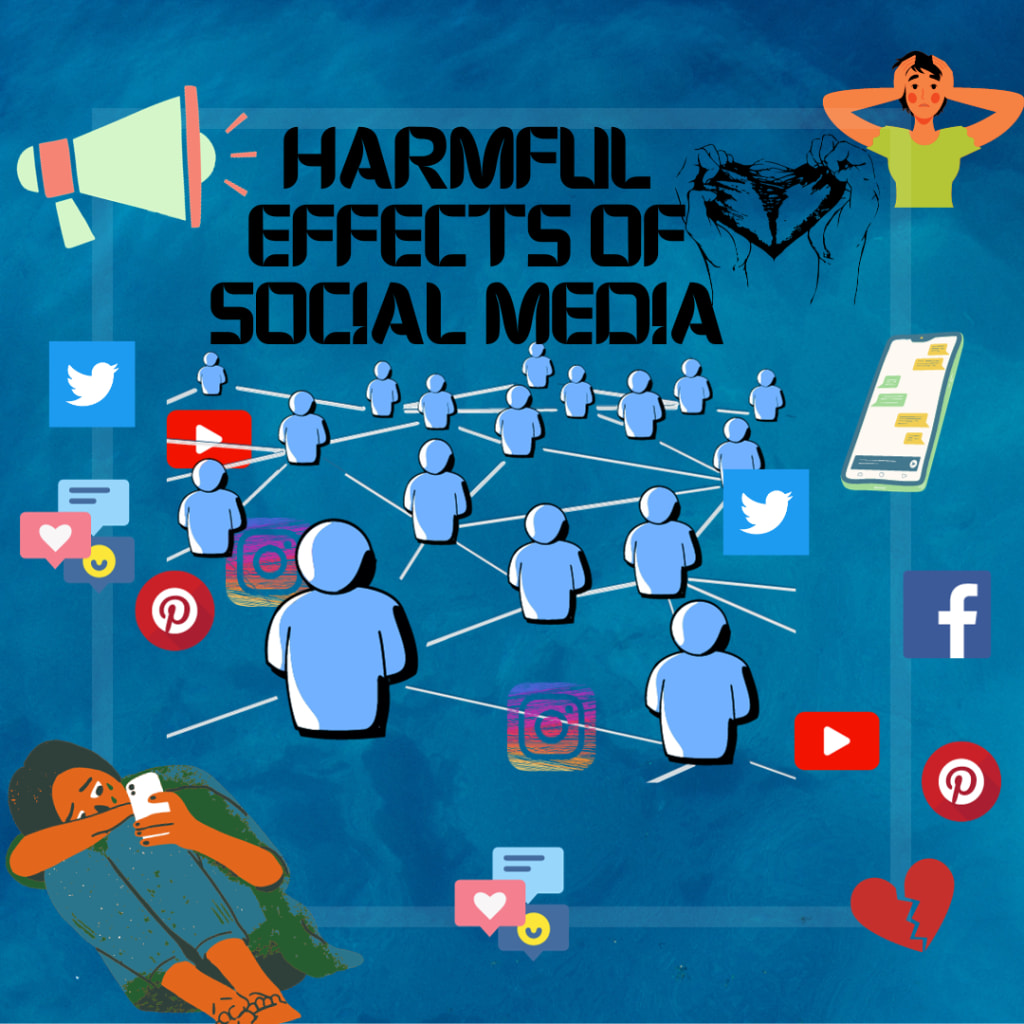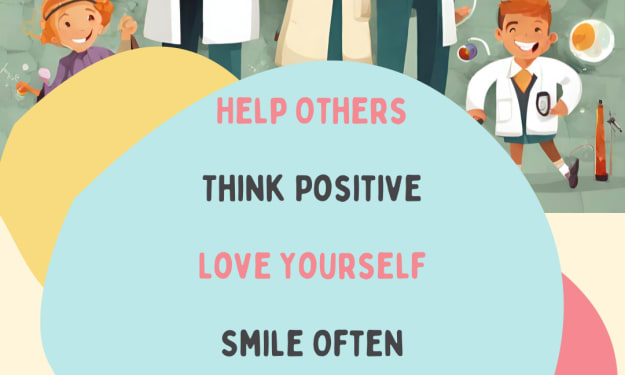Unmasking the Dark Side of Social Media
Side Effects You Need to Know

Social media has permeated every aspect of our everyday lives in an age characterised by connection. How we connect, share experiences, and remain informed has been revolutionised by websites like Facebook, Instagram, Twitter, and TikTok. But social media and mental health have a complicated relationship that lies underneath the sparkling surface of virtual friendships.
The Connection Paradox
Social media's central promise is connection—a feeling of being a part of a larger community. We can instantaneously communicate with friends on different continents, share memorable moments from our lives, and even discover new interests. This increased connectedness does have a paradoxical side, though.
The Comparison Scroll
Reading through others' flawlessly manicured feeds might make you feel inadequate and envious. This process is referred to as "social comparison." The accomplishments and picture-perfect lives of friends might induce irrational expectations and a sense of inferiority. The constant pursuit of likes, shares, and comments may turn a once-pleasant hobby into a desire for approval that degrades self-esteem.
FOMO and anxiety
FOMO is another psychological problem that social media has made more prominent. Anxiety and loneliness might be triggered by witnessing friends having fun, attending activities, travelling, or just hanging around. It may seem like everyone's life is more fascinating than your own due to the steady stream of thrilling updates.
Cyberbullying and Harassment
Cyberbullying, which is a serious issue for mental health, has also emerged in the digital sphere. Hate speech, cyberbullying, and the anonymity of the internet can have a significant negative impact on victims, causing stress, worry, and even melancholy.
Support and Advocacy for Mental Health
But all is not hopeless. Social media has some positive effects on mental health. These platforms are widely used by people and organisations to promote understanding, offer assistance, and reduce stigma surrounding mental health issues. Online communities provide people with secure venues where they may express their struggles, look for advice, and connect with others.
In the end, how we use social media will determine how it affects our mental health. It's important to strike a balance between the virtual and physical worlds. Setting healthy limits and engaging in mindfulness practises can make it easier for us to manage the digital world with more resilience.
Although social media has many advantages, it may also be harmful in a number of ways. The following are some negative effects that social media can have on a person:
Negative Effects on Mental Health: Social media use can exacerbate loneliness, despair, and other negative emotions. Constant exposure to expertly edited photos and posts of seemingly flawless lives might cause inadequacy and social comparison.
Social networking sites are made to be time wasters and addictive. Overusing social media can result in lower productivity, procrastination, and a disregard for obligations in the real world.
Privacy worries: Sharing personal information online leaves you open to identity theft, privacy violations, and other potential problems. Users could unintentionally provide private information that criminals could use against them.
Misinformation and Fake News: False information can spread quickly on social media. Fake news exposure can cause confusion, false information, and the reinforcing of prejudiced beliefs.
Reduced Face-to-Face Interaction: Too much social media use can cause a decline in face-to-face contacts, which are essential for forging deep connections and maintaining social skills.
Risks to cybersecurity: People might become vulnerable to malware, phishing scams, and other cybersecurity dangers by clicking on questionable links or downloading content from unreliable sources on social media.
Personal space invasion: Social media makes it possible for unauthorised communication to occur and can result in this. When people get unwanted messages or friend requests, this can be especially distressing.
The impact of social media on mental health is complicated because it presents opportunities for connection as well as difficulties. It's crucial to be aware of potential problems and strive diligently to lessen their effects. We may benefit from social media while preserving our mental health by practising mindfulness in our online interactions and asking for help when we need it. Let's keep in mind that meaningful connection in this connected age starts with knowing and taking care of oneself.It's critical to be aware of these possible negative effects and utilise social media responsibly. These negative impacts can be lessened and a healthier relationship with social media can be fostered by setting boundaries, engaging in digital detox, and being conscious of one's online behaviour. Additionally, it's crucial for those dealing with serious social media-related difficulties to seek support and professional assistance when necessary.
About the Creator
Halima Mahmud
I'm your go-to source for articles and stories. From tech trends to life's quirks, I break down info into bite-sized pieces. Together, let's explore, one article at a time. Take a seat, get a coffee,come along on this adventure with me!





Comments
There are no comments for this story
Be the first to respond and start the conversation.